Decorative faux stone has emerged as a popular choice among homeowners, businesses, and interior designers seeking to combine aesthetic appeal with practicality. Faux stone offers a cost-effective and versatile alternative to natural stone while mimicking its appearance and providing exceptional durability. In this article, we will explore the key benefits and applications of decorative faux stone. 1. Superior Aesthetics: One of the primary reasons homeowners and designers choose decorative faux stone is its ability to replicate the natural beauty of real stone. Advanced manufacturing processes allow for precise detailing, ensuring that faux stone tiles or veneers closely resemble the texture, color, and shape of genuine stone.
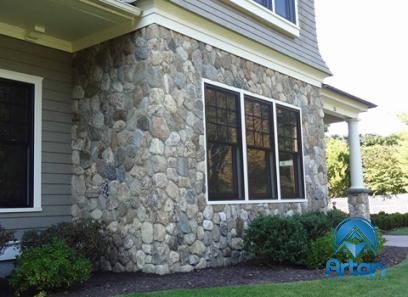
.
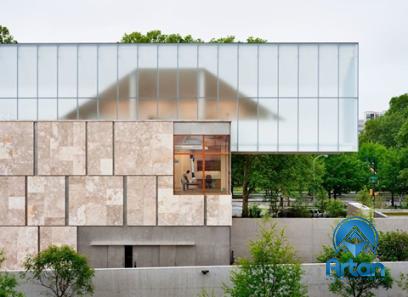 This versatility enables a wide range of design possibilities, empowering users to create stunning accent walls, fireplace surrounds, or even entire exterior facades with ease. 2. Cost-Effectiveness: Compared to natural stone, decorative faux stone offers significant cost savings. Natural stone can be an expensive investment, including the high cost of extraction, transportation, and installation. On the other hand, faux stone is more affordable while still providing an authentic appearance. This makes it an ideal solution for those seeking to achieve a sophisticated look within a limited budget.
This versatility enables a wide range of design possibilities, empowering users to create stunning accent walls, fireplace surrounds, or even entire exterior facades with ease. 2. Cost-Effectiveness: Compared to natural stone, decorative faux stone offers significant cost savings. Natural stone can be an expensive investment, including the high cost of extraction, transportation, and installation. On the other hand, faux stone is more affordable while still providing an authentic appearance. This makes it an ideal solution for those seeking to achieve a sophisticated look within a limited budget.
..
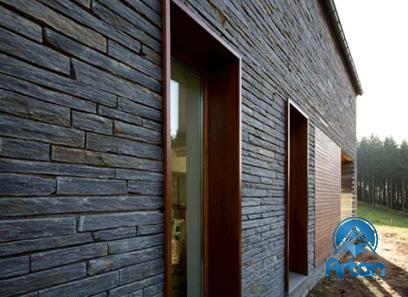 3. Easy Installation: Installing decorative faux stone is a straightforward process that can be undertaken by DIY enthusiasts or professionals. Faux stone panels are designed for easy handling and can be adhered to almost any surface, including drywall, concrete, wood, or brick. The lightweight nature of faux stone enables quick and hassle-free installation, reducing labor costs and project durations. 4. Durability and Low Maintenance: Decorative faux stone offers exceptional durability, providing long-lasting results that can withstand harsh weather conditions, moisture, and heavy usage. The high-density polyurethane material used in manufacturing is resistant to cracking, chipping, and fading. Unlike natural stone, faux stone does not require regular sealing or treatment, making it a low-maintenance option that saves both time and money.
3. Easy Installation: Installing decorative faux stone is a straightforward process that can be undertaken by DIY enthusiasts or professionals. Faux stone panels are designed for easy handling and can be adhered to almost any surface, including drywall, concrete, wood, or brick. The lightweight nature of faux stone enables quick and hassle-free installation, reducing labor costs and project durations. 4. Durability and Low Maintenance: Decorative faux stone offers exceptional durability, providing long-lasting results that can withstand harsh weather conditions, moisture, and heavy usage. The high-density polyurethane material used in manufacturing is resistant to cracking, chipping, and fading. Unlike natural stone, faux stone does not require regular sealing or treatment, making it a low-maintenance option that saves both time and money.
…
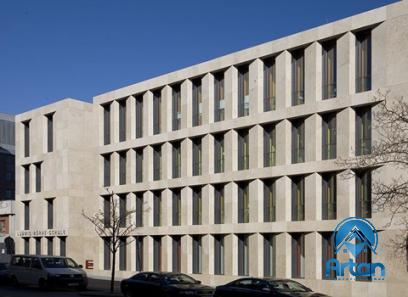 5. Versatility of Applications: Decorative faux stone can be used for both interior and exterior applications, further contributing to its versatility. It can be seamlessly integrated into various design styles, ranging from traditional to contemporary. Whether it’s an elegant accent wall in a living room, a dramatic kitchen backsplash, or an inviting exterior façade, faux stone adds value to any space by creating a captivating visual impact. 6. Environmental Considerations: Using decorative faux stone contributes to environmental sustainability. By opting for faux stone, natural resources such as quarried stone are preserved, reducing the carbon footprint associated with extraction and transportation. Additionally, many faux stone products are made from recycled materials, minimizing waste and promoting eco-friendly building practices. Conclusion: Decorative faux stone has revolutionized the concept of interior and exterior design, providing an affordable, durable, and aesthetically pleasing alternative to natural stone. Its versatility, ease of installation, and low maintenance requirements make it an attractive choice for homeowners, businesses, and professionals alike. By harnessing the charm of faux stone, spaces can be transformed into visually stunning environments that evoke timeless elegance while minimizing environmental impact.
5. Versatility of Applications: Decorative faux stone can be used for both interior and exterior applications, further contributing to its versatility. It can be seamlessly integrated into various design styles, ranging from traditional to contemporary. Whether it’s an elegant accent wall in a living room, a dramatic kitchen backsplash, or an inviting exterior façade, faux stone adds value to any space by creating a captivating visual impact. 6. Environmental Considerations: Using decorative faux stone contributes to environmental sustainability. By opting for faux stone, natural resources such as quarried stone are preserved, reducing the carbon footprint associated with extraction and transportation. Additionally, many faux stone products are made from recycled materials, minimizing waste and promoting eco-friendly building practices. Conclusion: Decorative faux stone has revolutionized the concept of interior and exterior design, providing an affordable, durable, and aesthetically pleasing alternative to natural stone. Its versatility, ease of installation, and low maintenance requirements make it an attractive choice for homeowners, businesses, and professionals alike. By harnessing the charm of faux stone, spaces can be transformed into visually stunning environments that evoke timeless elegance while minimizing environmental impact.

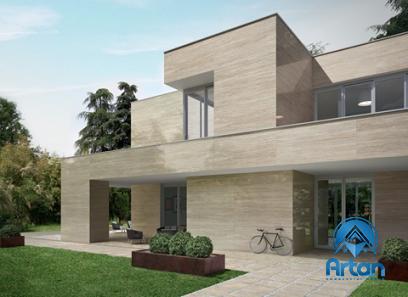
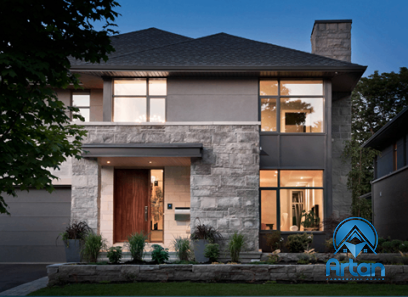

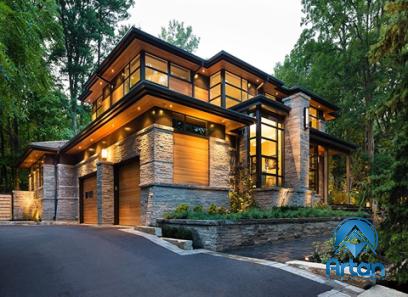

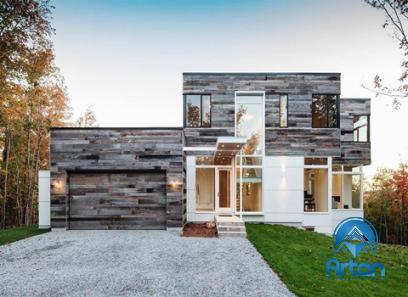
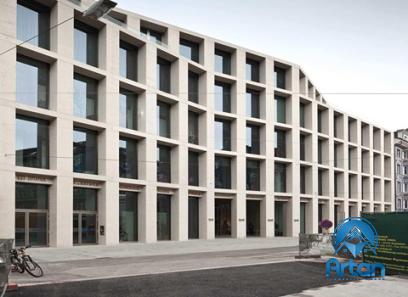
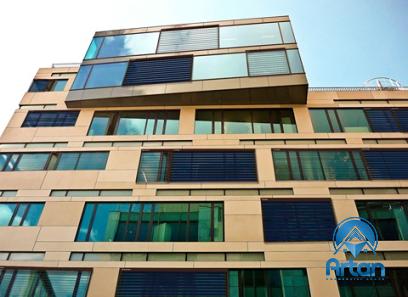
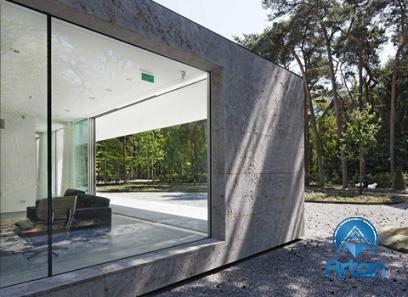
Your comment submitted.